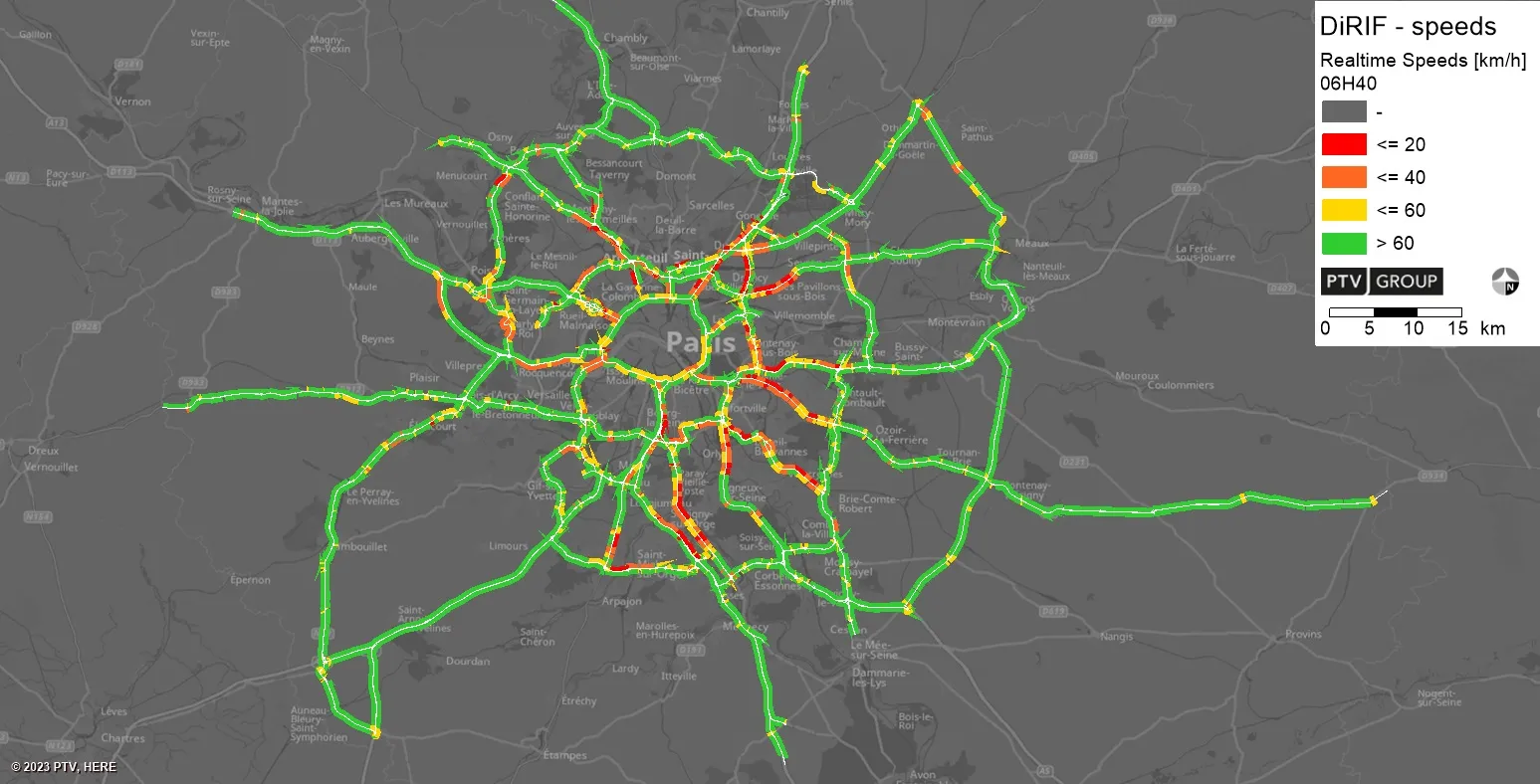Flow Traffic Limited, the Hong Kong-based wholly owned subsidiary of Image Sensing Systems, has won a large contract to supply vehicle detection systems to the city of Guangzhou, China. The contract is part of infrastructure improvements required for the Asian Games, a major sporting event to be held in Guangzhou from 12-27 November. The project will provide real time traffic guidance and journey time information to reduce congestion and travel time during the international event.
March 1, 2012
Read time: 2 mins

Flow Traffic Limited, the Hong Kong-based wholly owned subsidiary of 6626 Image Sensing Systems, has won a large contract to supply vehicle detection systems to the city of Guangzhou, China. The contract is part of infrastructure improvements required for the Asian Games, a major sporting event to be held in Guangzhou from 12-27 November. The project will provide real time traffic guidance and journey time information to reduce congestion and travel time during the international event.
Flow Traffic's distributor, Beijing Vroad Technology, a company belonging to the China ITS Group, won the contract in tight competition with international and local vendors of vehicle detection systems.
The project includes 160 RTMS radar detectors of which 129 units of RTMS G4 have been supplied earlier this month and during this week, the vehicle detection systems are being commissioned by Flow Traffic engineers in Guangzhou. The RTMS G4 radar detectors will provide accurate volume, speed and occupancy data to the traffic guidance system.
Johan Billow, managing director of Flow Traffic, commented, “Since we acquired the RTMS product three years ago, the technology has been gaining widespread acceptance throughout Asian urban markets and it has proven to be an excellent complement to our Autoscope video image detection technology. Flow Traffic is on track to achieve a record number of radar detection units sold in 2010. Among the large Asian cities which have just this last year started to implement RTMS for their traffic management needs are some of China's largest cities such as Guangzhou, Wuhan, Xian and Hangzhou as well as Jakarta and Bangkok in South East Asia."
Flow Traffic's distributor, Beijing Vroad Technology, a company belonging to the China ITS Group, won the contract in tight competition with international and local vendors of vehicle detection systems.
The project includes 160 RTMS radar detectors of which 129 units of RTMS G4 have been supplied earlier this month and during this week, the vehicle detection systems are being commissioned by Flow Traffic engineers in Guangzhou. The RTMS G4 radar detectors will provide accurate volume, speed and occupancy data to the traffic guidance system.
Johan Billow, managing director of Flow Traffic, commented, “Since we acquired the RTMS product three years ago, the technology has been gaining widespread acceptance throughout Asian urban markets and it has proven to be an excellent complement to our Autoscope video image detection technology. Flow Traffic is on track to achieve a record number of radar detection units sold in 2010. Among the large Asian cities which have just this last year started to implement RTMS for their traffic management needs are some of China's largest cities such as Guangzhou, Wuhan, Xian and Hangzhou as well as Jakarta and Bangkok in South East Asia."










